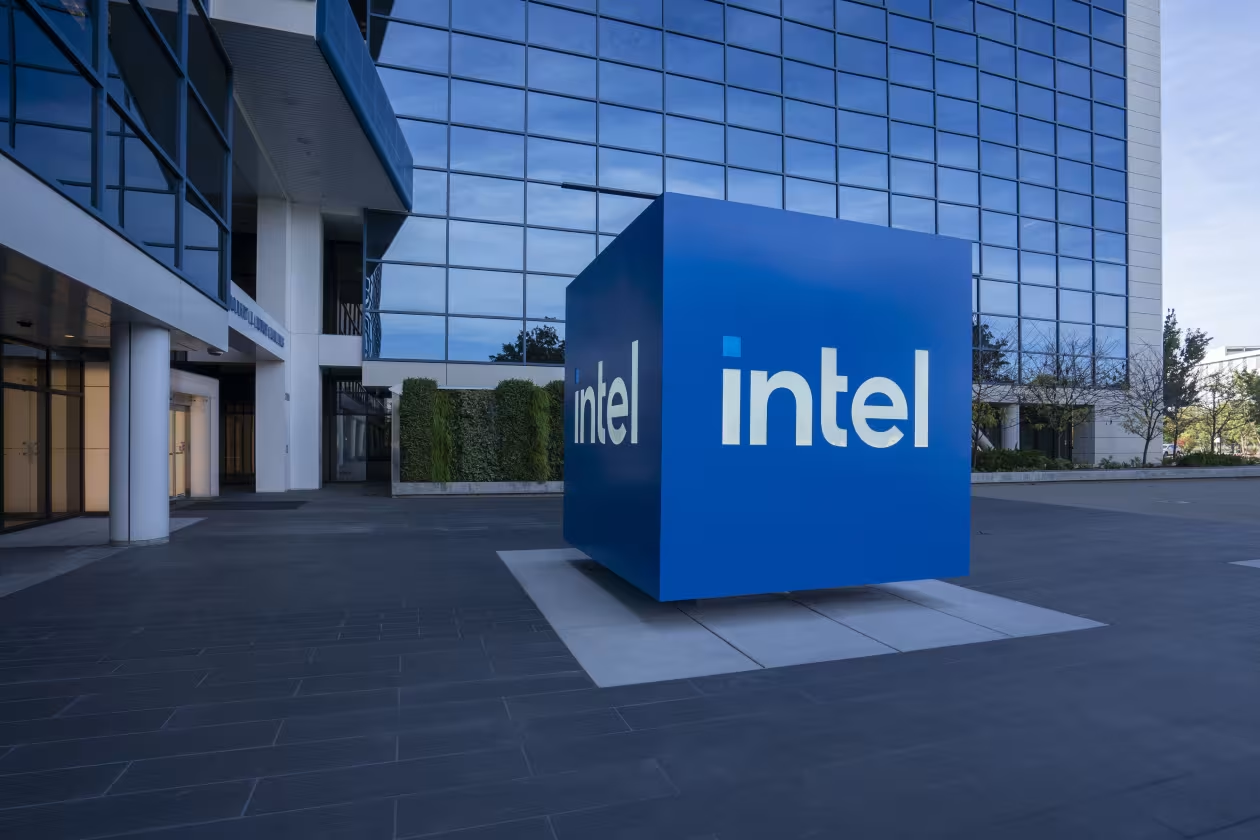
Intel’s ongoing issues with its 13th- and 14th-gen CPUs, marked by crashes and irreversible failures, have attracted significant attention, and now, legal action. High-end chips from these generations have reportedly suffered from stability issues, which Intel attributes to overly aggressive performance settings within motherboard BIOS. While the company has responded by extending warranty coverage from one year to three, not all customers are satisfied with this remedy. One such customer, Mark Vanvalkenburgh from New York, has filed a class-action lawsuit, seeking accountability for what he and his attorneys argue is Intel’s failure to disclose known issues.
The suit, first reported by Ars Technica, claims that Intel was aware of these processor failures as early as late 2022 or early 2023, citing rising return rates and media coverage as evidence that the company should have issued warnings. Instead, Intel allegedly chose not to disclose the risks publicly, leading many to purchase potentially compromised CPUs. With the potential inclusion of hundreds of thousands to millions of affected buyers, the lawsuit could become one of the most significant consumer tech cases in recent memory. Intel has maintained that not every chip in these generations is at risk, but the empirical evidence to support this claim remains to be seen.
For Intel, the timing couldn’t be worse. The company has been grappling with numerous setbacks: underwhelming performance in its latest chips, missing opportunities in AI as Nvidia leads the field, and facing fierce competition from AMD and Qualcomm. Intel’s market position has been slipping rapidly, with its stock trading at half its value from the start of 2024, and the upcoming removal from the Dow Jones Industrial Average, to be replaced by Nvidia, serves as an indicator of the challenges Intel faces. Though the warranty extension might ease concerns for some customers, those who invested in these CPUs for long-term, high-performance use may feel far from reassured.




